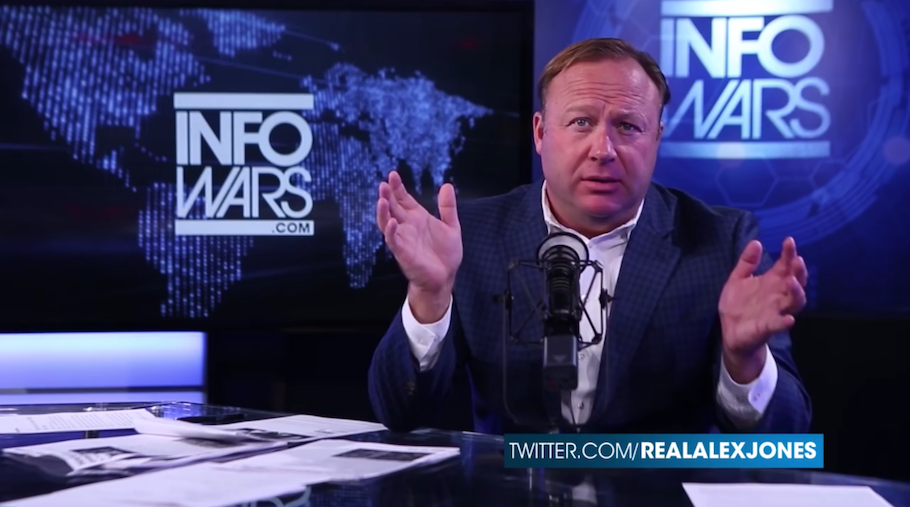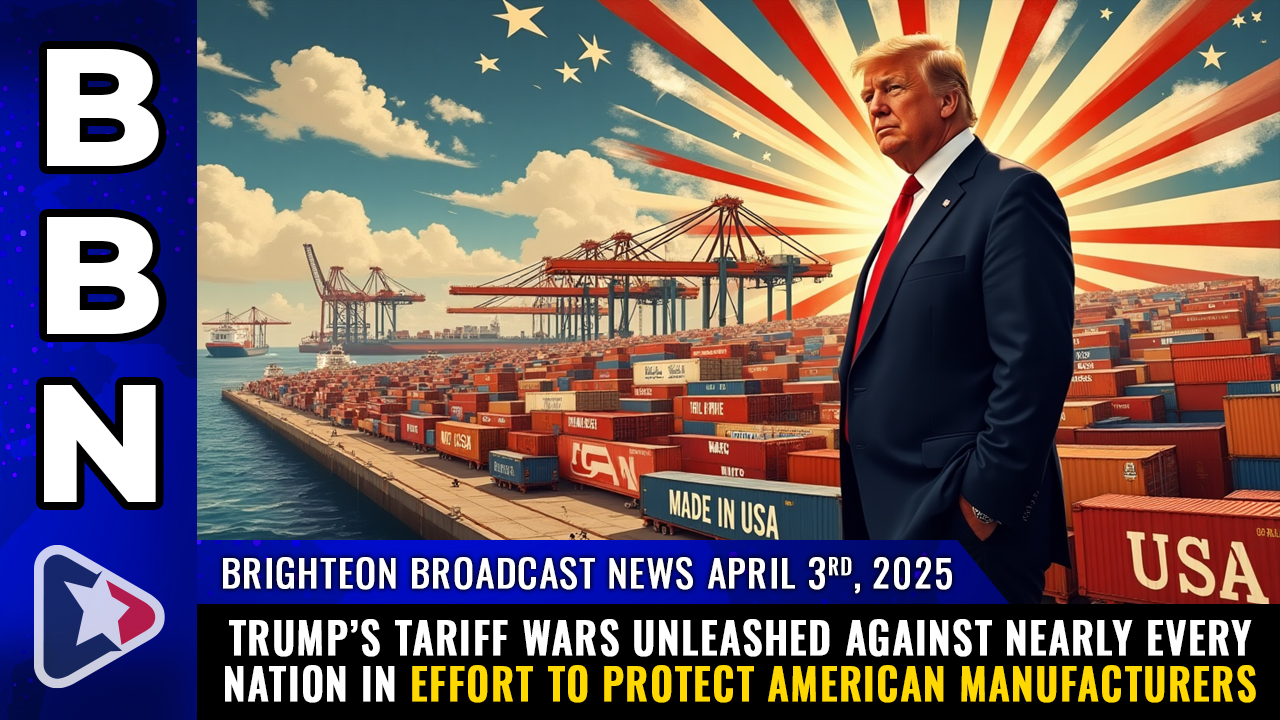 Parler
Parler Gab
Gab
- FBI Director Kash Patel reveals transnational alliances exploiting Canada’s northern border, as U.S.-Canada tensions soar over opioid crisis.
- DEA reports Mexico-linked cartels pivot to Canadian superlabs served by Chinese precursors.
- Canada's provincial leaders demand urgent action as smuggling networks thrive.
- 300+ suspected terrorists slipped into U.S. via northern border in 2024; FBI warns-axis of adversarial regimes enables drugs and extremists.
- White House policy sparks trade war fears but emphasizes border accountability.
Transnational criminal alliances threaten U.S. sovereignty
The FBI director’s warning underscores a stark geopolitical reality: the opioid crisis has become an international battleground, with nation-states like China and Iran reportedly aiding cartels to undercut U.S. security. “The CCP sends the raw materials,” explained Sam Cooper, an analyst cited in the DEA report. “Iran supplies the logistics, and Mexican cartels handle the trafficking. Canada is their staging ground.” Patel amplified this point, stating, “These groups aren’t just dealing drugs—they’re destabilizing communities and funding terror.” He cited data showing 300+ suspected terrorists entered the U.S. illegally in 2024, 85% via the northern border, often blending into drug smuggling routes. The DEA report corroborates these claims, noting that Canada’s illicit drug production surged 42% since 2019, driven by 235 organized crime groups, 35 of which export fentanyl and methamphetamine. One 2024 superlab seizure in British Columbia alone had the potential to produce 95 million lethal doses.Canada under fire: Public spats and political deadlocks
Patel’s harsh criticism targeted Canada’s response, particularly British Columbia’s regulations. “Canada has to step in—they’re making it up there and shipping it [fentanyl] down,” he said, urging Prime Minister Mark Carney’s Liberal government to bolster enforcement. Elenore Sturko, B.C.’s conservative MLA, has called for a provincewide fentanyl strategy, bipartisan task forces and public inquiries. “The FBI’s warning isn’t a surprise,” Sturko said. “Canadian ports are hubs for cartels, cartels and terrorist organizations.” Yet Canada maintains that only 0.2% of U.S. fentanyl seizures originated north of the border—a claim dismissed by U.S. officials. DEA figures show just 22.7kg of fentanyl were seized along the northern border in 2024, versus over 9,000kg at the southern border. Critics argue these numbers understate Canada’s role, emphasizing precursor smuggling and the national-scale labs which export drugs globally—not just to the U.S.Trump’s tariffs escalate tensions—and the drug war?
The White House has weaponized trade policy to hold Canada accountable. President Trump’s administration imposed 25% tariffs on Canadian goods beyond the USMCA framework, citing border security failures. Senior adviser Peter Navarro framed them as part of Trump’s “drug war,” rejecting “trade war” labels. Canada, meanwhile, allocated $1.5 billion to border security and named a “fentanyl czar” to oversee joint U.S.-Canada operations. However, critics like Sturko argue Ottawa prioritizes appeasement over action. “More tariffs won’t solve this,” she said. “We need police resources, not political games.”A matter of life and death—and national security
Patel’s remarks frame the issue as existential. “These cartels don’t care about borders,” he said. “They’ll exploit any weakness. The northern border is now a war zone—and Canada has to fight harder.” As the U.S. and Canada square off over strategy, the human toll remains dire. The DEA’s analysis frames Canada not merely as a trafficking corridor but a production epicenter—turning the northern border into a critical fault line in a crisis without borders.The northern border’s new role in America’s deadliest crisis
The revelations underscore how the fentanyl emergency has transformed into a transnational security crisis, with Canada’s geography and policy gaps compounding U.S. challenges. As cartel networks tighten alliances with adversarial regimes, the northern transit boom threatens to make the opioid crisis even more lethal. Whether Canada’s enhanced border measures—and U.S. pressure—can turn the tide remains uncertain, but one truth is clear: the fight will hinge less on fences at the Mexico border than on dismantling the clandestine networks now using Canada to terrorize America. Sources for this article include: ZeroHedge.com TheEpochTimes.com TheBureau.newsFormer LA deputy mayor pleads GUILTY to fabricating bomb threat against City Hall
By Ava Grace // Share
Gov. Greg Abbott signs law that requires age verification, parental consent for app downloads
By Laura Harris // Share
Trade truce in danger as Trump accuses China of violating deal, talks hit roadblock
By Cassie B. // Share
Trump’s tariffs REINSTATED: Judicial tug-of-war exposes deep rift in America’s trade policy
By Lance D Johnson // Share
Governments continue to obscure COVID-19 vaccine data amid rising concerns over excess deaths
By patricklewis // Share
Tech giant Microsoft backs EXTINCTION with its support of carbon capture programs
By ramontomeydw // Share
Germany to resume arms exports to Israel despite repeated ceasefire violations
By isabelle // Share









